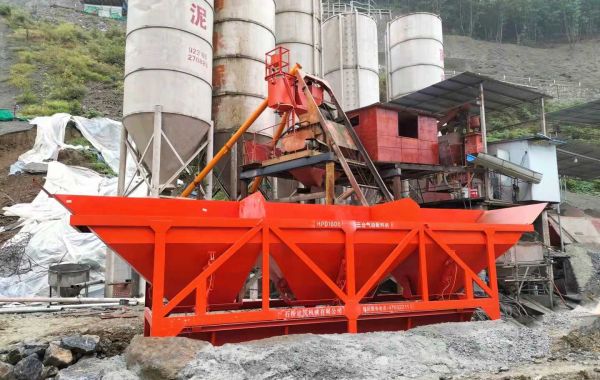Calibration is a critical process to ensure the accuracy of a batching scale. Here's a general outline of the steps involved:
- Prepare the Scale:Ensure the scale is clean and free from any obstructions. Place it on a stable surface and allow it to warm up according to the manufacturer's instructions.
- Gather Calibration Weights:Obtain a set of calibration weights that cover the full range of weights you'll be using on the scale. These weights should be traceable to national standards.
- Zero the Scale:Place the empty container or hopper on the scale and zero it.
- Add Calibration Weights:Place a calibration weight onto the scale and record the displayed weight.
- Compare Weights:Compare the displayed weight to the known weight of the calibration weight. If there's a significant difference, adjust the scale's calibration settings according to the manufacturer's instructions.
- Repeat with Different Weights:Repeat steps 4 and 5 with different calibration weights to ensure the scale is accurate across its entire range.
- Document Results:Record the calibration results, including the date, time, calibration weights used, and any adjustments made.
Note: The specific calibration procedure may vary depending on the make and model of your batching scale. Always consult the manufacturer's manual for detailed instructions.







